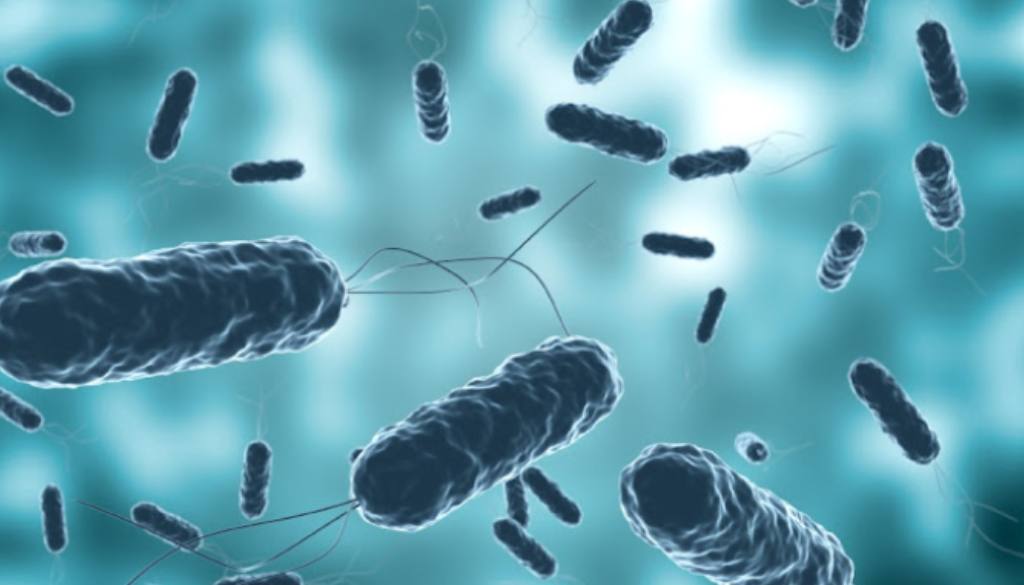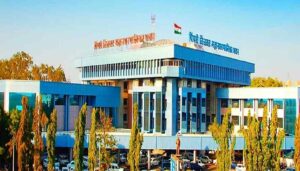Cholera Outbreak Hits Pimpri Chinchwad; Patient Count Rises to 10

Reported by Varad Bhatkhande
Pimpri Chinchwad, 18th June 2024: In the Bhosari area of Pimpri Chinchwad City, there is currently an outbreak of the waterborne disease cholera, with an increasing number of patients. As of Monday (17th), the patient count has risen to 10 from an initial 3. The Pimpri Chinchwad Municipal Corporation (PCMC) is undertaking various measures to manage this cholera outbreak.
The outbreak originated when a resident in Dhawade Wasti of Bhosari connected their drinking water pipe to PCMC’s line without taking proper preventive measures, resulting in leakages and contaminated water supply in the area. The first cholera case was reported on 8th June due to this contamination. After that, the Health Department of PCMC conducted surveys, identifying additional cases: 2 on 11th June, 4 on 14th June, and 3 on 17th June, bringing the total to 10 cholera patients in Pimpri Chinchwad City. Currently, 6 patients are receiving treatment at Yashwantrao Chavan Memorial (YCM) Hospital, and 4 at New Bhosari Hospital.
Dr. Laxman Gophane, Medical Officer of PCMC’s Health Department, informed that in the affected area of Bhosari, measures such as cleaning all water tankers are being implemented to ensure clean and safe water for all residents.
Symptoms of Cholera:
1. Severe diarrhea: Often sudden and profuse, leading to rapid loss of body fluids and electrolytes.
2. Vomiting: Can accompany diarrhea and worsen dehydration.
3. Dehydration: Rapid onset due to fluid loss, leading to sunken eyes, dry skin, rapid heartbeat, and low blood pressure.
4. Muscle cramps: Resulting from electrolyte imbalances.
5. Shock: In severe cases, hypovolemic shock can occur due to extreme fluid loss.
Cure and Treatment:
1. Rehydration: Oral rehydration solution (ORS) is crucial to replace lost fluids and electrolytes. Commercial ORS packets are available, but homemade solutions with clean water, salt, and sugar can also be used.
2. Intravenous fluids: Severe cases may require intravenous fluids to rapidly restore fluids and electrolyte balance.
3. Antibiotics: Antibiotics like doxycycline or azithromycin may be prescribed to reduce the duration and severity of diarrhea, especially in moderate to severe cases.
4. Zinc supplements: Zinc supplements can help shorten the duration of diarrhea and reduce its severity, especially in children.
5. Nutrition: Gradual reintroduction of food once diarrhea subsides, focusing on easily digestible foods and avoiding fatty or spicy foods initially.
Preventive Measures:
1. Safe water: Drink and use safe water sources, including boiled, filtered, or chlorinated water.
2. Sanitation: Practice good hygiene, including regular handwashing with soap and water, especially after using the toilet and before handling food.
3. Food safety: Eat freshly cooked, hot foods, and avoid raw or undercooked seafood and other foods.
4. Vaccination: In endemic areas, cholera vaccines may be recommended for travelers or high-risk populations.
5. Prompt treatment: Seek medical care immediately if diarrhea persists or is severe, especially in regions prone to cholera outbreaks.
By promptly addressing symptoms, ensuring adequate hydration, and practicing preventive measures, the impact of cholera can be minimized and effectively managed.







